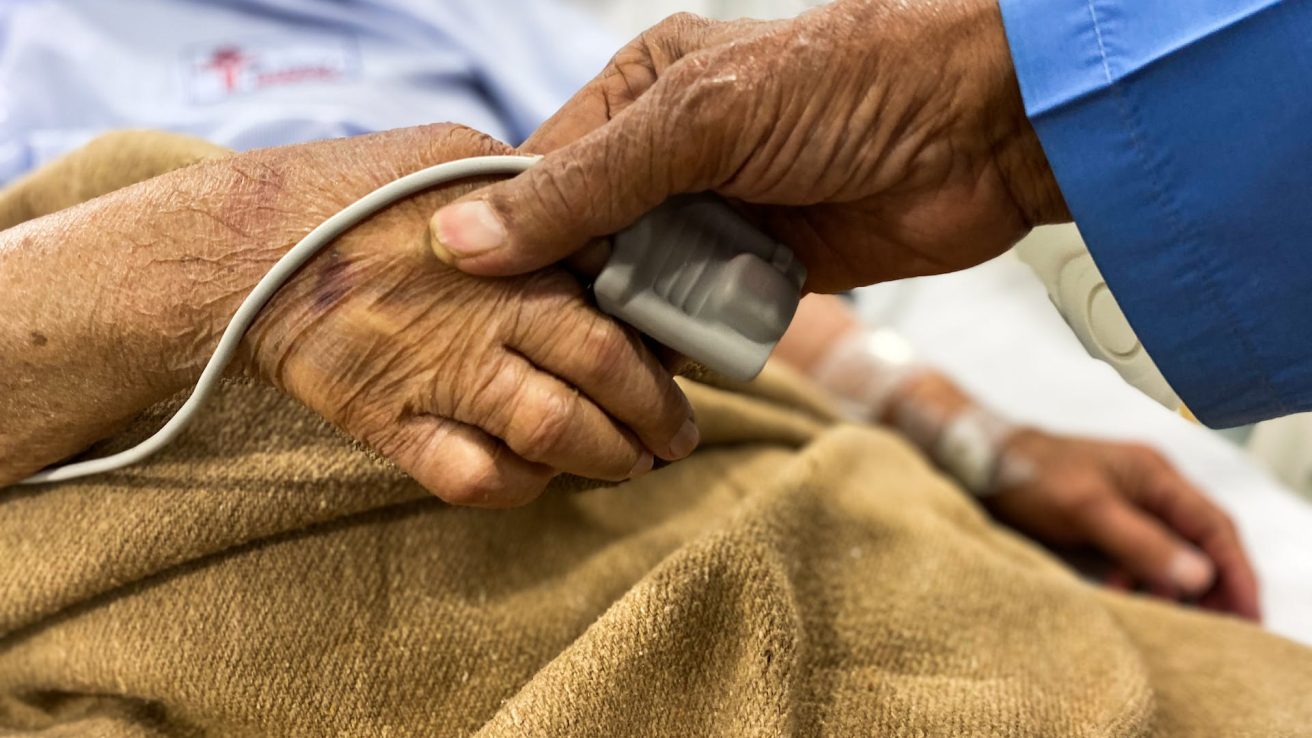In adult patients with primary autoimmune hemolytic anemia (AIHA) undergoing rituximab treatment, there was a notable prevalence of hospitalizations due to infections, with a subsequent high mortality rate post-hospitalization, according to the results of a prospective study.
The development of auto-antibodies against the red blood cells underlies the pathology of autoimmune hemolytic anemia (AIHA), which is associated with severe infections. Rituximab is a second-line treatment for symptomatic cold agglutinin disease and warm AIHA.
This prospective nationwide cohort study aimed to investigate the risk of infections following rituximab treatment in primary AIHA patients by assessing the incidence of hospitalization related to rituximab and associated factors, the types of infections, the 30-day overall mortality following the first hospitalization due to infection, and effectiveness of pneumocystis prophylaxis.
The study findings indicate a high incidence of hospitalizations for infection in primary AIHA patients and high rates of mortality following hospitalization. The major risk factors underlying infection include older age accompanied by the administration of corticosteroids. This study was presented as a poster at the 65th American Society of Hematology Annual Meeting and Exposition.
Study Participants
The study participants for this prospective study were recruited from the Autoimmune Hemolytic Anemia: A Population-Based Study (AHEAD) cohort, comprising adult patients with primary AIHA and exposed to rituximab.
Baseline Characteristics
A total of 959 adult patients with primary AIHA and rituximab were included in this study. The mean age of the study participants was 67 years, and approximately 61% of the patients were female.
Incidence of Hospitalization and Infections
The 6-month cumulative incidence of hospitalization related to infection was 18.3%. The most common types of infections in these patients were gastrointestinal, pulmonary, and urogenital. Approximately 16.6% of the patients had opportunistic infections. The risk factors underlying infection-related hospitalizations included age ≥ 70 years and concomitant exposure to corticosteroids. The 30-day overall mortality following the first infection-related hospitalization was 12.5%.
Source
Zadro, Y. (2023, December 9). Hospitalization for Infection in Patients with Primary Autoimmune Hemolytic Anemia Treated with Rituximab. a Prospective, Nationwide Cohort Study in France. https://ash.confex.com/ash/2023/webprogram/Paper173444.html










